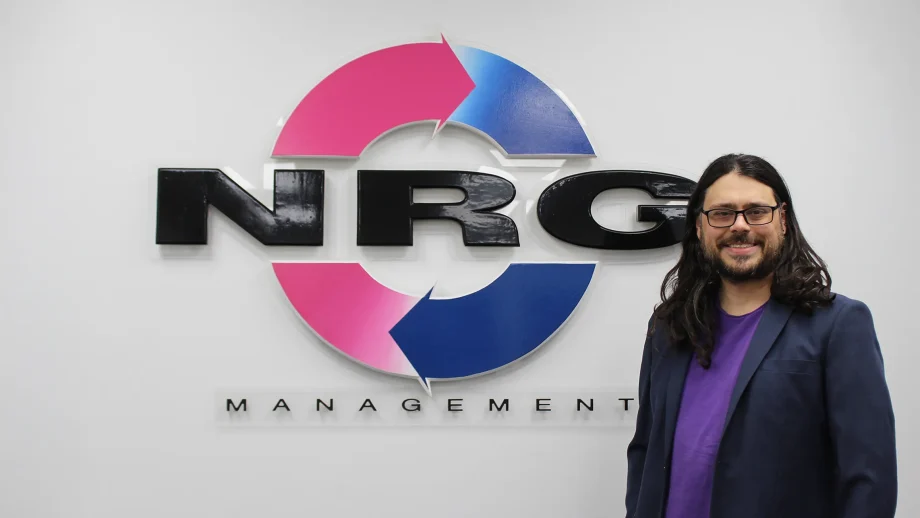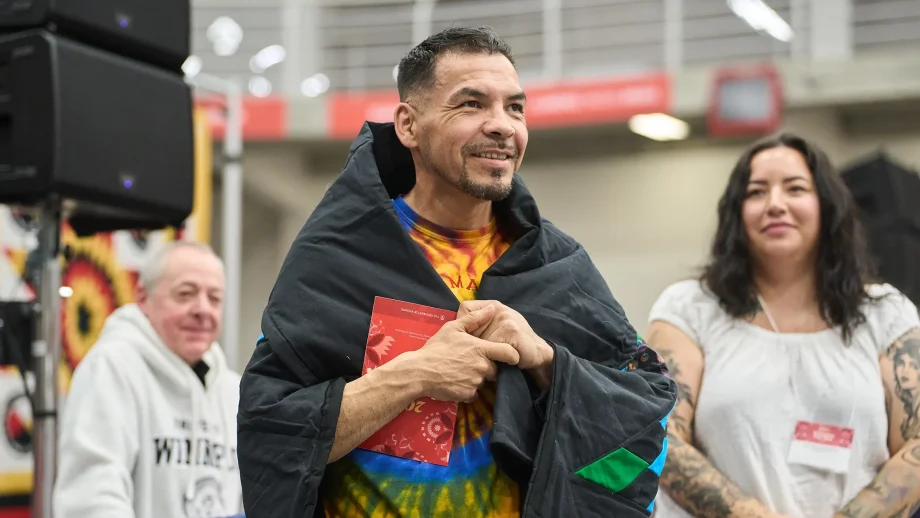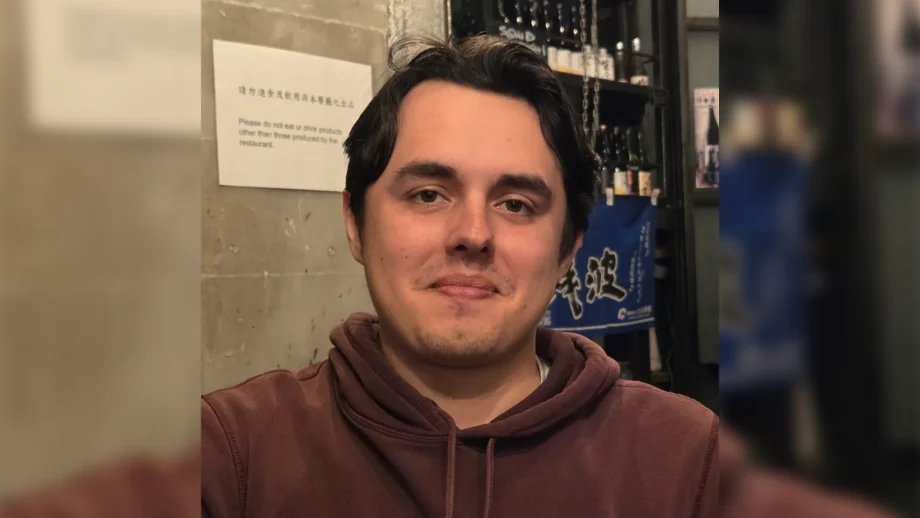Three champions for vulnerable communities will be recognized for their lifetime achievements when The University of Winnipeg confers its honorary doctorates at the 2018 Spring Convocation. Groundbreaking Métis author, playwright, and teacher Maria Campbell; distinguished malaria researcher and Nobel Laureate Dr. Peter Agre; and well-respected Indigenous knowledge keeper Albert McLeod will each receive degrees at three separate ceremonies taking place June 14 and 15 in the Duckworth Centre.
“Maria Campbell, Peter Agre, and Albert McLeod each had a monumental role in shifting the conversation in their respective communities, giving hope to people struggling with issues like injustice, disease, or identity during times when their voices went unheard,” said Dr. Annette Trimbee, President and Vice-Chancellor, UWinnipeg. “They are incredible role models for our next generation of graduating leaders, and we are so proud to recognize their work through these honorary degrees.”
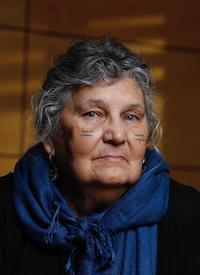
Maria Campbell, photo supplied.
Maria Campbell (Letters): Thursday, June 14; 9:30 am | Arts ceremony
Métis author, playwright, teacher, Elder, and community worker, Maria Campbell is a lifelong advocate and contributor to Indigenous and Canadian letters, arts, and politics. In 1973, her groundbreaking autobiographical novel Halfbreed told the compelling story of a strong-willed woman who defeated poverty, racism, and alcohol and drug addiction by the age of 33. It is a book about courage, integrity, and healing with momentous impact on Canadian culture, marking the emergence of Métis literature, and is still widely read and taught today. Born on a trap line in northwestern Saskatchewan, she considers herself first and foremost a community worker and organizer. She has worked tirelessly with community members, political leaders, artists, writers, scholars, feminists, and allies to advocate for women’s and Indigenous rights. In 2008, she was named to the Order of Canada.
“Maria Campbell is a strikingly original artist. Her powerful, groundbreaking work as a woman writer is an inspiration to all Canadians, especially for young women struggling with adversity, poverty, and discrimination.” — Catherine Taylor, Acting Dean of Arts, The University of Winnipeg.
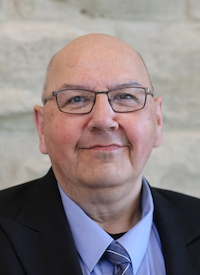
Albert William McLeod, ©UWinnipeg.
Albert William McLeod (Laws): Thursday, June 14; 2:30 pm | Theology, Marriage and Family Therapy; Education; and Kinesiology ceremony
Over the past 35 years, well-respected knowledge keeper Albert McLeod has worked tirelessly for the rights of Two-Spirit (2S), lesbian, gay, bisexual, trans, and queer (2LGBTQ+) people in the local community and across the continent. McLeod is a status Indian with ancestry from Nisichawayasihk Cree Nation and the Métis community of Norway House. He has worked with LGBTQ Indigenous people across the continent to organize under the name “Two Spirit” to remember the honoured roles of non-binary gender people in pre-contact First Nations, and the important spiritual role they played within their communities. McLeod is also recognized as a pioneer in HIV education for Indigenous people and was instrumental in reducing the stigma experienced by families living with HIV/AIDS. He is also engaged in human-rights activism, cross-cultural training, cultural reclamation, and language workshops, and has served as an advisor and activist for Winnipeg’s inner-city community.
“Albert McLeod is not only a national treasure for Canada, but an international leader for Indigenous people dealing with the effects of colonization.” — Raven E. Heavy Runner, MDW Chair, Northwest Two-Spirit Society.

Dr. Peter Agre, photo supplied.
Peter Agre (Science): Friday, June 15; 9:30 am | Science, Business and Economics ceremony
Nobel Laureate Peter Agre has a long and distinguished career as a doctor, researcher and educator. Agre focuses on the problem of disease in the developing world. Currently a distinguished professor and director of the Malaria Research Institute at Johns Hopkins Bloomberg School of Public Health in Baltimore, he oversees malaria field research in Zambia and Zimbabwe. Agre’s laboratory became widely recognized for discovering aquaporins, a family of water channel proteins found throughout nature and responsible for numerous physiological processes as well as multiple clinical disorders. This game-changing discovery earned Agre the Nobel Prize in Chemistry with Roderick MacKinnon of Rockefeller University in 2003. Agre’s continued passion for science and research, coupled with his drive to improve lives through informed policy, has played a vital role in public health around the globe.
“Dr. Agre has a deep love and respect for humanity. … He is profoundly moved by illness and by the effects of political strife on people and on science and has become an ambassador for science and medicine across the world.” — Barbara J. Ballermann, M.D., Professor and Chair, Department of Medicine, University of Alberta.
Find out more about 2018 Spring Convocation.
Media Contact
Diane Poulin, Senior Communications Specialist, The University of Winnipeg
P: 204.988.7135, E: d.poulin@uwinnipeg.ca

